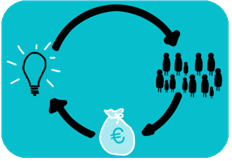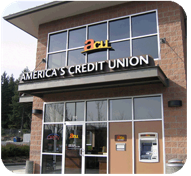 For many budding tech entrepreneurs, getting accepted into a prestigious business incubator is almost as important as receiving a diploma from Stanford. The jolt of capital and resources provided by accelerator programs like Y Combinator or Techstars often act as springboards into multimillion-dollar successes. But not all startups want to become the next Google. Some would rather operate more like the Bill Gates Foundation by applying their innovative skills to addressing major world problems. While these aims are certainly noble, Continue reading
For many budding tech entrepreneurs, getting accepted into a prestigious business incubator is almost as important as receiving a diploma from Stanford. The jolt of capital and resources provided by accelerator programs like Y Combinator or Techstars often act as springboards into multimillion-dollar successes. But not all startups want to become the next Google. Some would rather operate more like the Bill Gates Foundation by applying their innovative skills to addressing major world problems. While these aims are certainly noble, Continue reading





